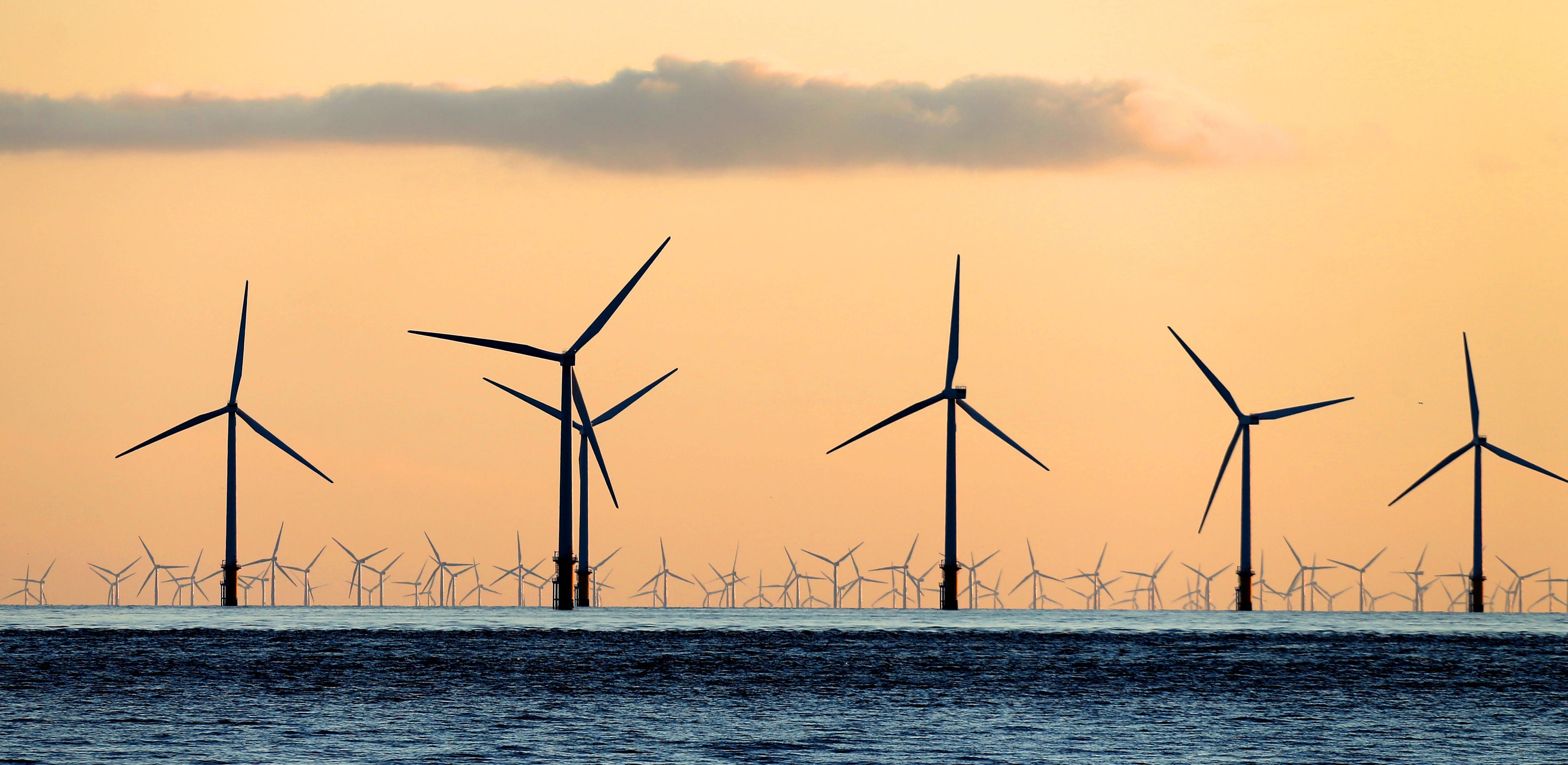Human rights being violated as consequence of climate change, says UN official
Human-induced climate change is the “most pervasive threat” to the world, says top UN expert

Your support helps us to tell the story
From reproductive rights to climate change to Big Tech, The Independent is on the ground when the story is developing. Whether it's investigating the financials of Elon Musk's pro-Trump PAC or producing our latest documentary, 'The A Word', which shines a light on the American women fighting for reproductive rights, we know how important it is to parse out the facts from the messaging.
At such a critical moment in US history, we need reporters on the ground. Your donation allows us to keep sending journalists to speak to both sides of the story.
The Independent is trusted by Americans across the entire political spectrum. And unlike many other quality news outlets, we choose not to lock Americans out of our reporting and analysis with paywalls. We believe quality journalism should be available to everyone, paid for by those who can afford it.
Your support makes all the difference.Human rights are being “negatively impacted” and “violated” due to the consequences of climate change, a top UN expert has said.
Ian Fry, the UN Special Rapporteur on the promotion and protection of human rights in the context of climate change, said that this includes the right to life, health, food, development, self-determination, water and sanitation, work, adequate housing and freedom from violence, sexual exploitation, trafficking and slavery.
In a report presented to the UN’s General Assembly on Friday, Mr Fry said that human-induced climate change is the “most pervasive threat” to the world and the poorest societies are paying the heaviest price.
He said: “There is an enormous injustice being manifested by developed economies against the poorest and least able to cope. Inaction by developed economies and major corporations to take responsibility for drastically reducing their greenhouse gas emissions has led to demands for ‘climate reparations’ for losses incurred.
“The G20 members for instance, account for 78 per cent of emissions over the last decade.”
Fry said that actions to reduce greenhouse gas emissions were “inadequate” and creating a “human rights catastrophe”.
The UN expert also raised concerns about climate rights defenders, and in particular indigenous peoples, who have been the target of human rights abuses.
He added: “As groups and communities become increasingly frustrated with the lack of action on climate change, they have turned to protests and public interventions to bear witnesses to the climate emergency.
“Sadly, we are seeing many climate rights defenders persecuted by governments and security organisations. Some defenders have even been killed.”
Fry said the those most affected by climate change and suffering “the greatest losses” are not being involved enough in decision-making and he urged policymakers to involve “children and youth, women, persons with disabilities, indigenous peoples and minorities.”
“The overall effect of inadequate actions to reduce greenhouse gas emissions is creating a human rights catastrophe, and the costs of these climate change related disasters are enormous,” Mr Fry said.
In August, the United Nations Human Rights Council recognised the right to a clean, healthy and sustainable environment as a human right.
And just last month, the Council of Europe urged its 46 member states to also recognise a sustainable environment as a human right.




Join our commenting forum
Join thought-provoking conversations, follow other Independent readers and see their replies
Comments